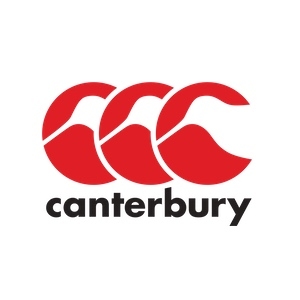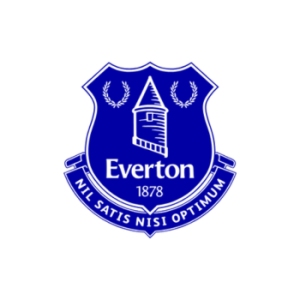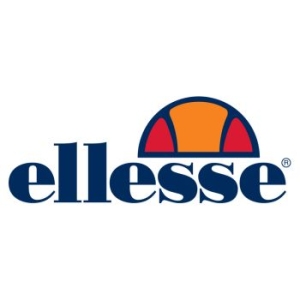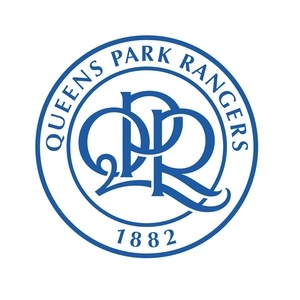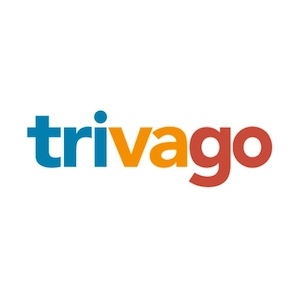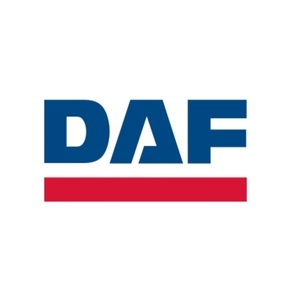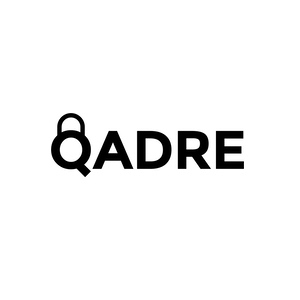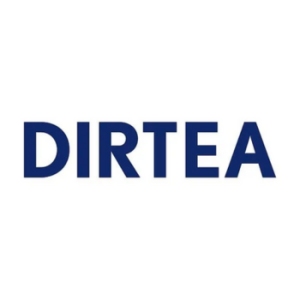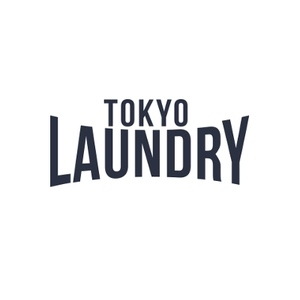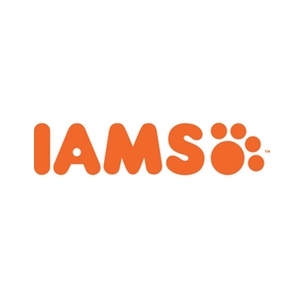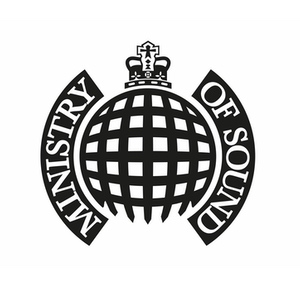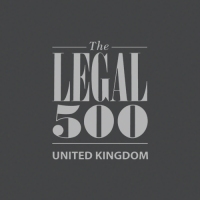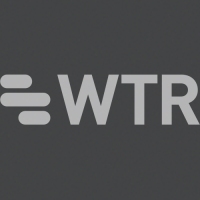Search-a-brandPowered by BRANDSMITHS
Search-a-brand assists you in researching, choosing and building a brand for your company, service or product. Try it out and search with the intended name!
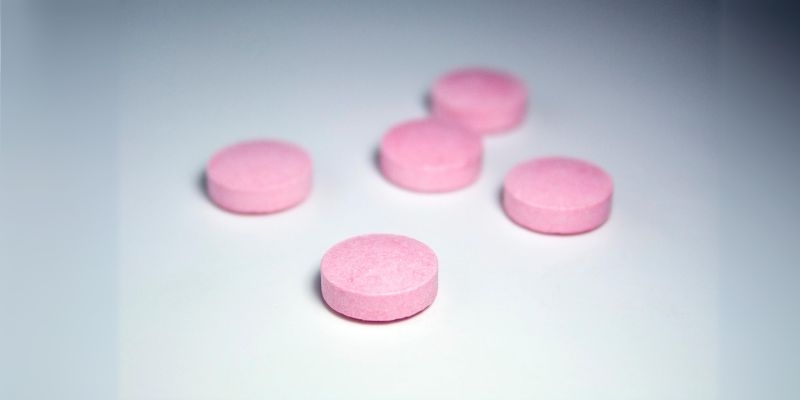
ANTI-DOPING AT THE OLYMPICS AND UNDERAGE ATHLETES
Author: Hana Hassanbek
“The youngest minor to be sanctioned for a doping violation was 12 years old".
The integrity of the Olympic Games is built upon the principles of fair play and sportsmanship.
However, these principles have been repeatedly challenged by the use of performance-enhancing drugs (PEDs) by some athletes. This has led to the establishment of a stringent anti-doping framework.
An emerging and concerning dimension within this framework is underage athletes, who face unique vulnerabilities and pressures of performance due to their age. Operation Refuge highlights this as it is a coordinated effort to combat doping among young athletes.
Introduction to Anti-Doping at the Olympics
The fight against doping at the Olympics is spearheaded by the World Anti-Doping Agency (WADA). It was established in 1999 with the aim of promoting, coordinating, and preventing doping in sports internationally. WADA established a code with regulations and testing protocols that all athletes must adhere to. This is enforced by national anti-doping organisations (NADOs) and international federations.
At the Olympics, athletes are subjected to rigorous testing both during and in between competitions.
These tests can detect a wide range of substances, from steroids to erythropoietin (EPO), and even newer forms of “gene-doping”. A broad definition of “gene doping” is the use of techniques developed for gene therapy (which involves the introduction of foreign genetic material into a person's cells to prevent or fight disease) in order to improve athletic performance.
The International Olympic Committee (IOC) works closely with WADA to ensure a level playing field. Athletes found guilty of doping face severe consequences, including disqualification, loss of medals, and suspension.
Underage Athletes and Doping
The involvement of underage athletes in elite sports brings additional complexity to the anti-doping conversation. Young athletes are often under immense pressure to perform well and are often more susceptible to the influence of coaches, parents, and other figures in their support network as compared to older athletes. They often make prime targets for those looking to exploit them for competitive gain. Germany and Russia were two countries ranked the highest in doping cases, after India.
This shows there are a combination of factors that exploit young athletes and encourage them to use illegal substances, nevertheless it usually depends on the stresses and expectations that the coach and country put on the athlete.
In some cases, the pressure to be a world-class athlete in their sport may encourage them to explore taking performance-enhancing drugs.
The issue of young athletes testing positive for doping is a significant concern in the world of sports.
To highlight the issue the University of Canberra conducted a three-year study and the findings were that the use of performance enhancing drugs is prevalent and unmonitored in junior elite athletes. The report stated that “there was evidence suggesting that athletes as young as 12 years of age use performance enhancing drugs, and that such use has increased in the past decade”. More than 900 athletes between 12-17 years old were interviewed, from that approximately 4% of elite junior athletes were using performance or image enhancing drugs.
Several high-profile cases have brought media attention to this problem. One such example is the Russian figure skater, Kamila Valieva, aged 15 years, who tested positive for the banned substance, trimetazidine, ahead of the Beijing 2022 Winter Olympics. The case attracted widespread media attention and highlighted the vulnerabilities of young athletes in high-stakes competitions like the Olympics and the complex legal and ethical issues surrounding doping in minors.
A further example is four teenagers that were competing for Kazakhstan in the Asian Championships tested positive for SARMS S-23 in April 2023. All SARMs are prohibited at all times (both in and out-of-competition) for all athletes. SARMs have the potential to be misused for performance enhancement in sport due to their anabolic properties, as well as their ability to stimulate androgen receptors leading to bone and muscle growth. The suspended athletes were supposed to partake in the weightlifting competition but all teenagers were suspended. One of the team members that was suspended was ranked third in the Paris Olympics 2024 rankings.
OPERATION REFUGE
In January 2024, WADA released the findings of Operation Refuge, an analysis on the increasing trend of minor doping in sport. The investigation was prompted by an increased number of reports submitted to WADA’s Confidential Information Unit.
Operation Refuge is a broad analysis and examination of doping amongst minors in sport. Operation Refuge reports in detail about the deep trauma and isolation child athletes experience following a positive test and doping sanction. This operation was a collaborative effort between law enforcement agencies, anti-doping organizations, and sports federations, and was aimed at dismantling a sophisticated doping network that preyed on young athletes.
The investigation revealed that several underage athletes were coerced into using PEDs, often without a full or informed understanding of the substances they were ingesting. These athletes were provided with drugs under the guise of vitamins or other harmless supplements. The operation led to several high-profile arrests and exposed the darker side of youth sports, where winning was prioritised over the well-being of the athletes.
Key findings of Operation Refuge are as follows:
Systematic Doping Initiatives
The investigation discovered that federations established systematic doping programs targeting underage athletes. The programs included administering substances and methods to avoid being caught by WADA. Countries that report the most positive tests against minors are Russia, India, and China. In late 2014, Yuliya Stepanova, a Russian athlete, gave evidence in a documentary that her country’s government, sport federations and drug testers were all working together to enable widespread cheating. As her evidence gained more media attention and public interest, Grigory Rodchenkov, the director of Russia’s national anti-doping programme admitted that he managed a large doping operation during the 2014 Winter Olympics in Sochi.
Health Implications
Medical examinations of athletes that had undertaken doping found that these young athletes had massive health consequences. For example, athletes suffered from (i) stunted growth for their age, (ii) hormonal changes, and (iii) psychological strain. The long-term impact of doping is still being monitored by the medical teams.
Legal and Ethical Violations
The operation uncovered substantial ethical and legal breaches. In numerous cases, athletes and/or their guardians did not provide consent or the consent was manipulated or uninformed. This indicated significant and dangerous breaches of human rights as well as child protection laws.
International Collusion
The investigation exposed a network of international collusion, with substances being trafficked on a global scale and expertise on the doping practices being shared among various national sports bodies. This showed the international nature of doping and the need for a coordinated international response from agencies as well as countries taking responsibility for their athletes’ actions.
The Implications of Operation Refuge
Operation Refuge had far-extensive implications for the anti-doping community.
Firstly, it highlighted the need for more stringent protections for underage athletes. Ensuring that young athletes are educated about the dangers of doping and their rights in the face of coercion is paramount.
Secondly, it emphasised the necessity of robust support systems, including psychological support and safe reporting mechanisms, to help young athletes resist the pressure to dope and deal with the dangers as safely as possible.
Thirdly, Operation Refuge demonstrated the effectiveness of collaboration between various entities in combating doping. The combined efforts of law enforcement, anti-doping agencies, and sports organizations created a comprehensive approach serves as a model for future initiatives. The legacy of Operation Refuge serves as a stark reminder of the risks to young athletes and the importance of safeguarding the future of sports from the shadows of doping.
Moving Forward
The battle against doping, particularly among underage athletes, requires ongoing vigilance and innovation. Efforts must focus on education, prevention, and the creation of a supportive environment where the health and integrity of young athletes are prioritised above all else.
The intersection of anti-doping measures and the protection of underage athletes is critical to maintaining the integrity of the Olympics and other sporting events. Operation Refuge exemplifies both the challenges and the progress in this ongoing battle, highlighting the need for continued vigilance and collaborative efforts to ensure a fair and safe sporting environment for all athletes especially in the 2024 Paris Olympics and thereafter.
About Brandsmiths
Brandsmiths is the go-to firm for the world’s leading brands. With a highly skilled team of IP lawyers, the firm specialises in all matters related to trade marks, copyright, patents, rights & designs, confidential information, and database rights.
Should you have any queries, please contact info@brandsmiths.co.uk to arrange a free consultation.
Brandsmiths is a trading name of Brandsmiths S.L. Limited which is authorised by the Solicitors Regulatory Authority, SRA No: 620298. Founding Partner: Adam Morallee
Privacy and Cookie Policy | Terms and Conditions | Complaint Procedure | Site by: Elate Global
